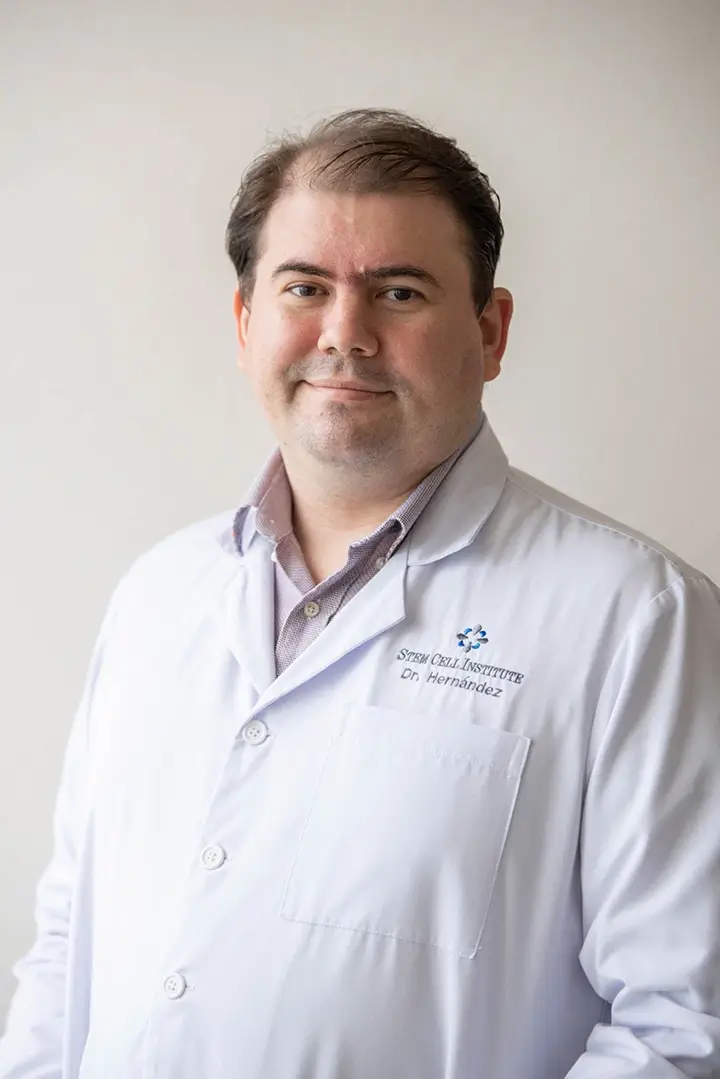When Ken Milles suffered a heart attack at the age of 39, he was not given a very encouraging prognosis from his doctor. As Ken describes, "When he told me that there was permanent damage and that the duration of my life was reduced, that freaked me out."
A construction worker and father of two teenaged sons, Ken is now the first patient to volunteer in a clinical trial at the Cedars-Sinai Heart Institute in Los Angeles. One of 24 patients in the study, Ken is the first person to be treated with his own heart-derived adult stem cells.
Adult stem cells are believed to reside in all tissue types throughout the body, with each type of adult stem cell being highly specialized in producing the corresponding specific type of tissue. Some organs, such as the heart, are known to contain very small amounts of their own stem cells, but nevertheless a specialized cardiac stem cell is known to exist in the adult human heart, throughout life and into old age. The low number of naturally occurring, endogenous cardiac stem cells, however, is not usually enough to repair serious damage to heart tissue, such as that which results from myocardial infarction. But when these cardiac stem cells are isolated, cultured and expanded in the laboratory, they can be readministered to the patient in quantities that are large enough to repair even severe damage. This is exactly what Ken’s doctors are doing.
As Dr. Eduardo Marban, the leader of the study, describes, "We seek to actually reverse the injury that has been caused by the heart attack, by regrowing new heart muscle to at least partially replace the scar that’s formed. These cells that we’re putting in come from the heart itself, and are predestined to generate heart muscle and blood vessels."
Derived from a tiny sample of healthy heart tissue, the cardiac stem cells are expanded in the laboratory to 25 million stem cells, which then develop into the spherical, multicellular structures known as cardiospheres which have been found in previous clinical and preclinical trials to regenerate damaged cardiac tissue. In fact, Dr. Marban was involved in similar studies at the Johns Hopkins University School of Medicine in 2005, at which time he reported that, "The findings could potentially offer patients use of their own stem cells to repair heart tissue soon after a heart attack, or to regenerate weakened muscle resulting from heart failure, perhaps averting the need for heart transplants. By using a patient’s own adult stem cells rather than a donor’s, there would be no risk of triggering an immune response that could cause rejection."
The doctors inject the stem cells through an artery directly into the damaged tissue of the patient’s heart. Within 6 months, signs of tissue repair should become evident.
As Ken Milles has said, "If this works, it’s gonna help so many people. It’s gonna change everything."
The clinical trials will continue for the next 3 to 4 years.

